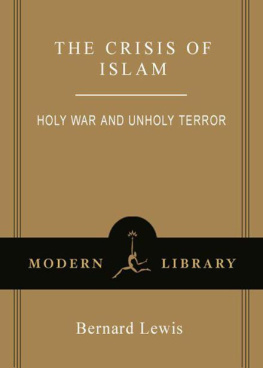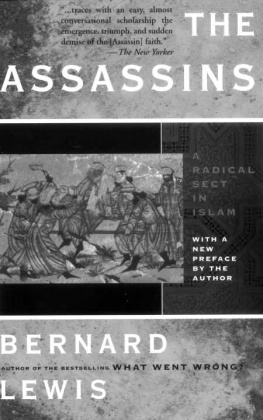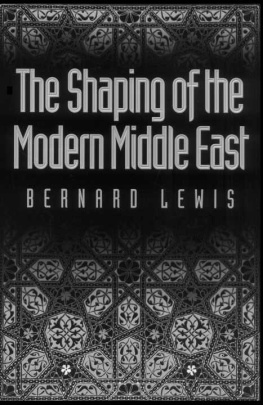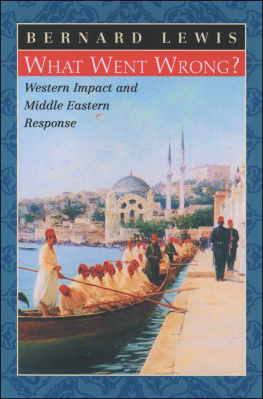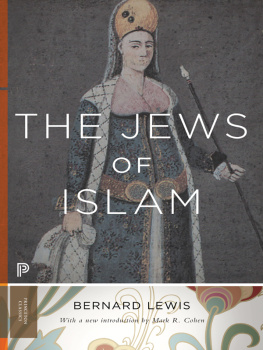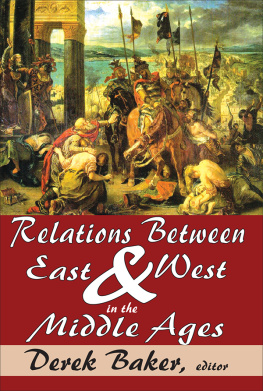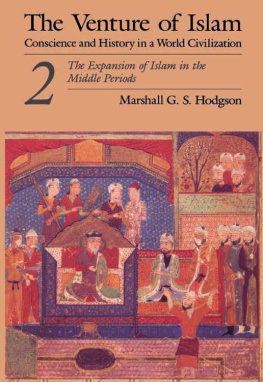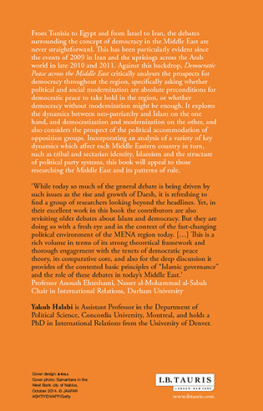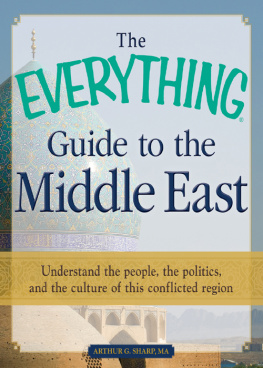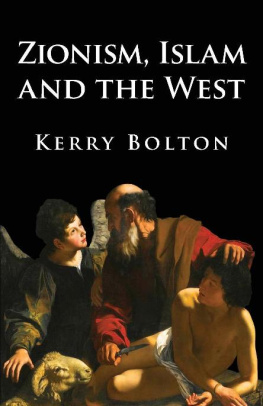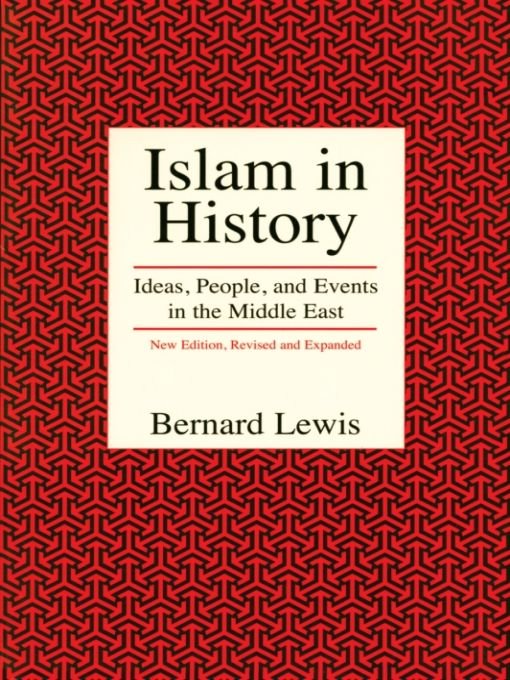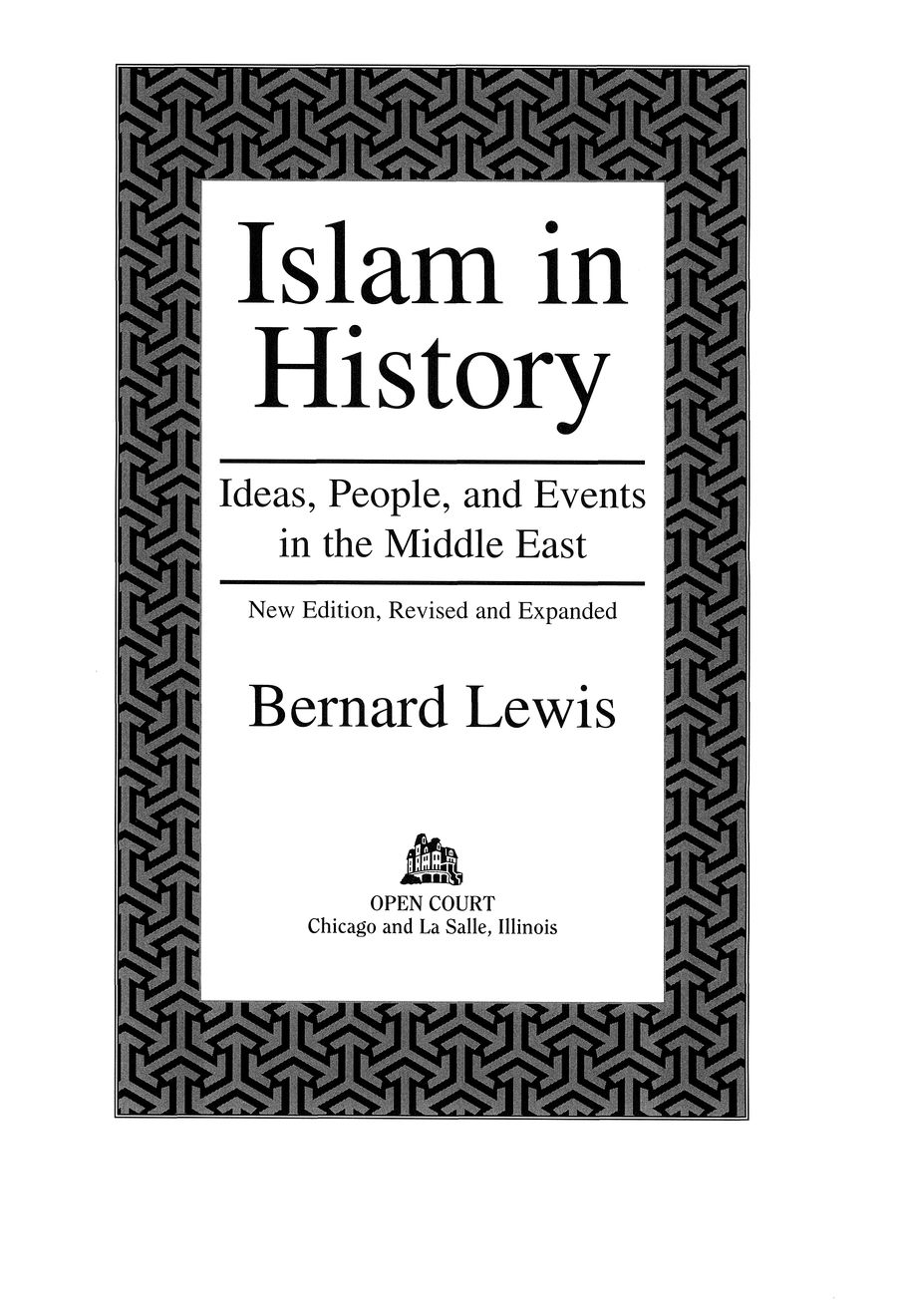Table of Contents
Preface to the Second Edition
The first edition of this book was published in 1973 and contained twenty-one articles on different aspects of Islamic and Middle Eastern history and historiography. In this new edition two of these articles have been deleted, one of them entitled The Muslim Discovery of Europe, the other, Semites and Anti-Semites. Each of these articles proved to be the nucleus of a book devoted to the same subject and published under the same title. I have however added thirteen new articles, all of them published since the first edition appeared and many of them dealing with recent and contemporary topics. This has also involved some rearrangement and reclassification of the articles. In preparing this new edition, I have also taken the opportunity to make a number of corrections and revisions, to take account both of the advance of scholarship and of the course of events. Some, especially the older ones, have been extensively revised; a few, entirely recast and rewritten. Almost all of them have been modified to some extent.
My thanks are due to the publishers and editors who gave permission to reprint material first published by them. In the first edition I offered my special thanks to Miss Bryan-Healing and Mrs. Alice Watson for their hawk-eyed and dove-mannered editing of my text. For this edition I would like to add a word of thanks to Mr. David Steele and Mr. Edward Roberts, both of Open Court, for their many contributions to the improvement and production of this volume. Finally, I wish to express my appreciation to the reviewers of the first edition of this book, especially to those whose comments enabled me to make some changes for the better. I did not however feel obliged to defer to the judgments of those reviewers who in 1973 thought that I had underestimated the gains made by secularism in the Muslim world and that I had exaggerated the significance of religious movements in Iran.
Princeton 1992
PART I
THE WESTERN APPROACHES
The Study of Islam
During the nineteenth century the forms, language, and to some extent even the structures of public life in the Muslim countries were given a Western and therefore a secular appearance. In those countries which were under European domination, the process was slow, cautious, and incomplete; in those where Muslim rulers retained political independence, they were able to impose Westernizing reforms with greater ruthlessness and fewer fears or inhibitions. By nationalizing the waqf revenues and introducing moderni.e. Western-stylelaw and education, they simultaneously deprived the ulema both of their financial independence and of a large part of their functions and influence, and reduced them in effect to a branch of the bureaucracy. The men of the faith now became servants and spokesmen of the state, who successively justified reform, reaction, liberalism, and socialism, from the same texts and by the same methods of exegesis.
The state itself, struggling for survival in a world dominated by the European powers, adopted European forms and procedures and drew increasingly, in the recruitment and promotion of its personnel, on those whose education and aptitudes enabled them to meet the needs of this situationthat is to say, on the minority who knew a Western language, had at least a tincture of Western education, and had therefore acquired some Western habits of behavior and perhaps of thought. From this time onwards, identity is defined and loyalty claimed on national rather than communal lines; criticism and aspiration are formulated in secular, not religious terms. New books replace the sacred and classical texts as the pabulum of the literate and governing elite; journalists, lawyers, and professors take over from the ulema; not theology, but politics provides the basis of argument and the form of expression.
The exponents of Islam have always been of two very different kinds, sometimes in conflict, usually interacting. On the one hand there were the ulema, the upholders of orthodoxy and authority, of dogma and of law; on the other the dervishes and their equivalents, preserving a traditionor rather many local traditionsof popular religion and religiosity. Both groups have a habit of submission to political authority: the ulema of active support, the dervishes of passive if critical acquiescencethough the latter were often treated with mistrust by governments, because of the powerful pent-up emotions and energies which they could control or release.
The Westernizing reforms affected both groups adversely. The ulema, already to some extent associated with political power, now became completely subservient to it and lost touch with the people. The dervishes, together with the masses to whom they belonged, were separated by a widening gulf from the Westernized political and intellectual elites, who no longer shared the same universe of discourse or even wore the same clothes as the un-Westernized majority. Ulema and dervishes alike were out of touch with the modern world, against which the new elites were struggling and which at the same time they were striving to join.
In this new world, theology was seen as old-fashioned and irrelevant; dervish mysticism as a shameful and dangerous superstition. The only hope of salvation was economic, social, and above all political reform, conceived and, as it were, applied in accordance with a succession of imported European ideologies.
In the last hundred years Europe and, later, North America have seen the Islamic world through a distorting glass of European and, later, North American categories and terminologies. Muslims, for reasons of fashion, prestige, or perhaps even conviction, frequently describe the affairs of their countries in these Western terms. Western observersjournalists, politicians, scholarsgratefully accept these terms, for their own convenience and that of their readers. This has led to the curious but widespread belief that the authentic and significant forces in the Muslim world can be adequately denoted and classified by such parochial Western terms as nationalist and socialist, progressive and revolutionaryeven, the ultimate absurdity, right-wing and left-wing. The results are about as informative as an account of a cricket match written by a baseball correspondent.
From time to time some incident, perhaps trivial in itself, allows a glimpse of the hard realities under the verbiage. On 25 April 1967 the Syrian army magazine
Jaysh al-Shab (The Peoples Army) published an article by one Second Lieutenant Ibrahim Khalas, entitled The Means of Creating a New Arab Man. The only way to build Arab society and civilization, the author argued, was to create
a new Arab socialist man, who believes that God, religions, feudalism, capital, and all the values which prevailed in the pre-existing society were no more than mummies in the museums of history.... There is only one value: absolute faith in the new man of destiny ... who relies only on himself and on his own contribution to humanity ... because he knows that his inescapable end is death and nothing beyond death ... no heaven and no hell.... We have no need of men who kneel and beg for grace and pity....
This was the first time that such sentiments had appeared in print in any of the revolutionary Arab states.
The result was electrifying. The Syrian population seemed thoroughly cowed and had already passively acquiesced in a whole series of radical political and economic changes. The suppression of free speech, the control of movement, the confiscation of property all passed without incidentbut an attack on God and religion in an officially sponsored publication revealed the limits of acquiescence, the final values for which a Muslim people was willing to stand up and resist.


